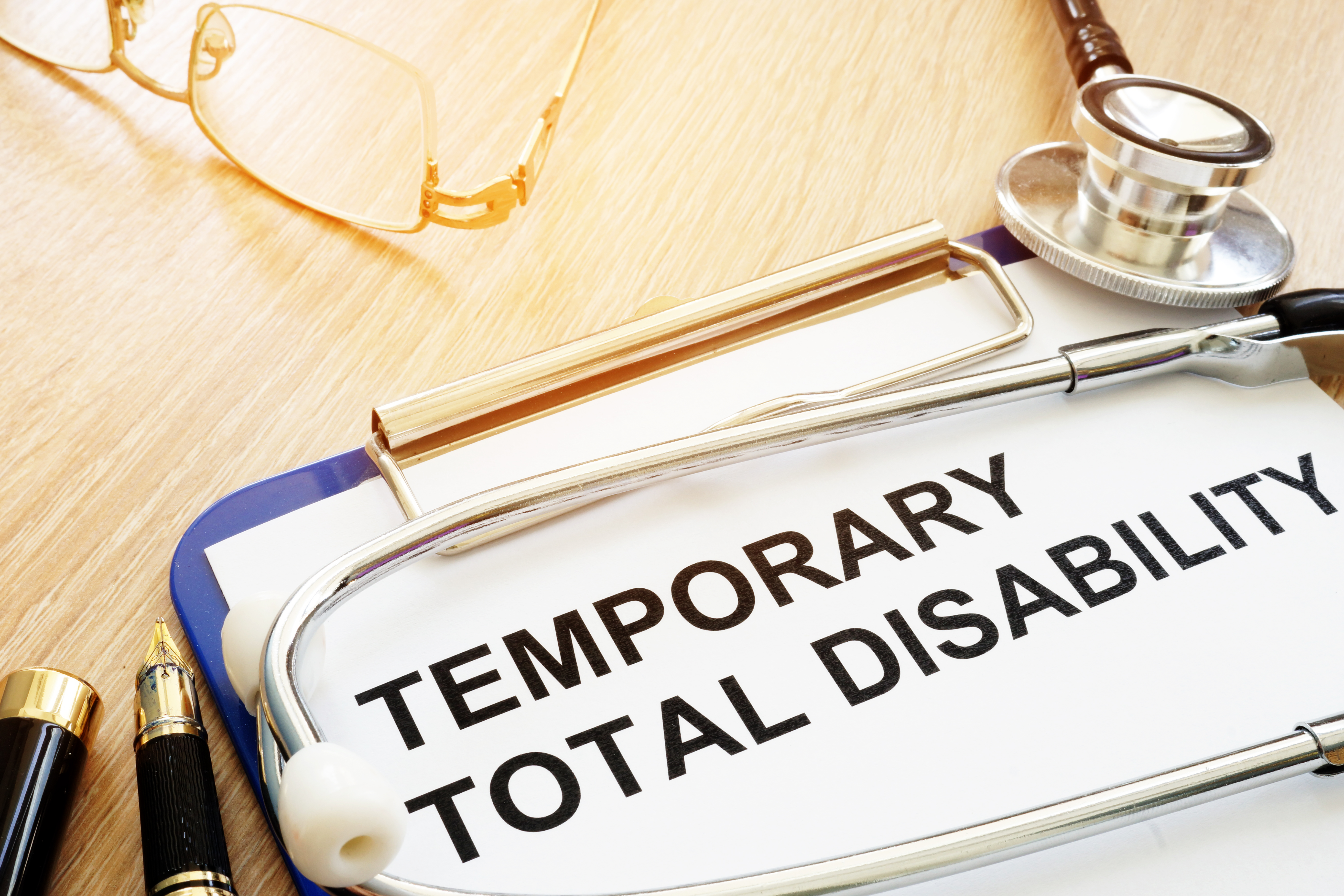VA Temporary Disability Benefits and Prestabilization Rating
If a veteran was injured or disabled in their military service, they might obtain a short-term or temporary disability rating. A short-term disability rating is intended to compensate veterans who encounter severe or total VA disability temporarily after being discharged from their military service.

What Is A Temporary Or Prestabilization Rating?
Prestabilization ratings are temporary and immediate. These are offered to veterans recently discharged from active duty with any unstable or severely disabling health condition anticipated to progress "indefinitely."
Veterans with prestabilization ratings are automatically considered "least likely" to be self-sufficient and need more support than severely disabled veterans.
Such ratings are provided by VA in increments of between 50 percent to 100 percent over 12 months following the veteran's initial discharge date.
For example, veterans with a 100 percent prestabilization rating encounter an unstable medical condition leading to "at least" one severe illness. The VA only offers this rating if a veteran cannot continue substantially gainful employment.
A veteran who gets prestabilization ratings will be subject to reevaluation within 6 and 12 months after discharge from the military. If there is any evidence of recovery, a veteran's
VA disability rating may also reduce.
Veterans cannot obtain a prestabilization rating if they are automatically and immediately entitled to a 100 percent schedular rating or a 100 percent TDIU rating.
Eligibility For Short-Term Or Temporary Disability Benefits
The VA may offer various short-term or temporary disability benefits to veterans who obtain medical benefits from the VA or are anticipated to recover after their service-connected disability.
To become eligible for VA temporary disability benefits, veterans must fulfill both of the following requirements:
- Underwent a surgery that needs a recovery time of "at least" one month or that contains reports proving that the surgery or treatment was required for a military service-connected disability.
- The surgery caused "at least" one severe problem, such as an infected surgical wound, being unable to leave your home, needing crutches or a wheelchair, or being unable to move because of splints or casts to help with your healing process.
Veterans could be entitled to short-term VA disability benefits even if they didn't have surgery. However, they must have "at least" one of their major joints immobilized due to a cast.
What Do VA Temporary Disability Benefits Include?
Veterans can also qualify for short-term or temporary disability benefits if they get VA healthcare benefits to ensure recovery. Veterans can use this disability benefit at a VA-approved healthcare center or medical facility.
However, veterans can also qualify for some added compensation or payments while they recover. These payments are intended to support their finances, as they cannot work while completely recovering or healing from their injury or disability.
Moreover, you can benefit from a 100% VA temporary disability rating, qualifying you for 100% VA disability benefits after your short-term or temporary rating expires.
How To Receive Temporary Disability Benefits?
A veteran may acquire temporary disability benefits automatically from VA. Suppose you're injured or suffer from an illness while in your military service and are hospitalized or need proper medical intervention. In this case, you'll automatically receive temporary disability benefits because the military records and files will note the severity of your health condition.
The VA will automatically initiate a file for your VA disability benefits, and the rating will be provided without any effort from your side. It's helpful, as several seriously injured veterans cannot file their disability benefits claims while they recover.
However, your temporary or short-term disability benefits can reduce or disappear after your recovery. Veterans must check their VA disability ratings and apply for their rating increase or petition the VA for necessary long-term VA disability benefits.

